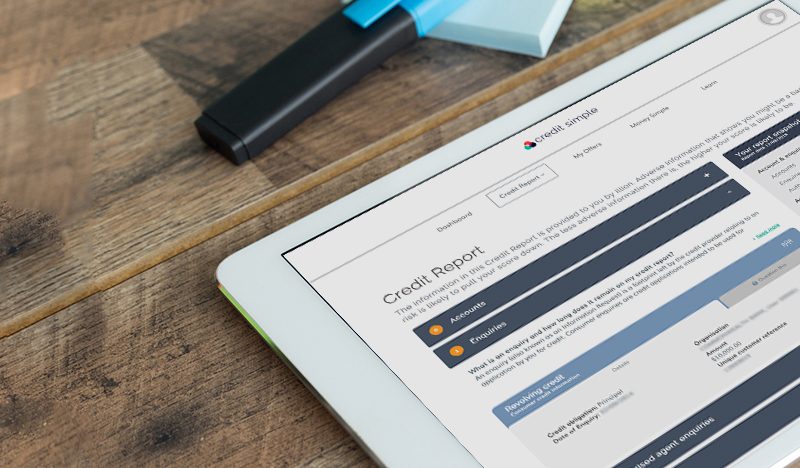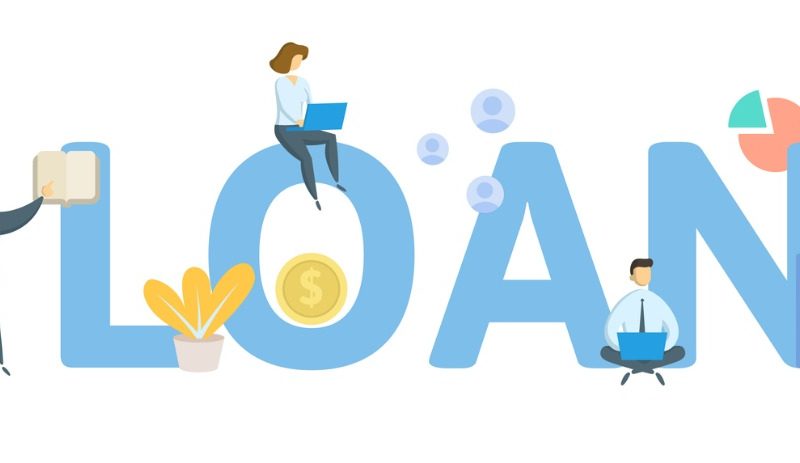Know your rights: What to do if you’re being chased by a debt collector
There’s nothing like owning a ferocious guard dog for dealing with debt collectors. Chomp, chomp, chomp. There goes the arm of that dastardly fella.
Well, not really. Setting the dog on the debt collector isn’t going to solve your problems – it’ll just make them worse. Debt collectors don’t even taste that nice (or so we’re told).
It’s easy to stick your head in the sand when you can’t (or forget to) pay a bill. But leaving all those envelopes unopened or sneaking around to avoid the debt collector isn’t going to make your money problems go away. Leaving it just makes the situation worse. The only way for things to get better is to take action.
Know your rights
Debt collectors can’t just break your door down or take your car because they feel like it. We’re not living in the 19th century where you could be sent to the poor house. By law debt collectors can’t use or threaten physical force of any kind towards you, any member of your family or people connected with you; damage or threaten to damage your property; block access to your property or block your way; or remain on your property when asked to leave, unless they have a Court Order. If they do any of this, call the police.
They also can’t shout at or verbally abuse you (including making personal or demeaning comments), use obscene or racist language, and more (check out this ACCC document for the full list of no-nos).
Your privacy is a priority. Debt collectors aren’t allowed to reveal that they’re a debt collector or provide information about your financial situation to another person without your permission. They can contact you via social media, but they must be reasonably sure that you’re the only one using the account, so nobody else will see the message except you.
Debt collectors can visit you at home or work, but only if the debt arrangement can’t be worked out over the phone, by letter or email, if you don’t respond, or if your identity or location is in doubt. But if they visit you in person, they can only do so once a month, only between 9am-9pm, and never on national public holidays. There are strict rules for face-to-face visits, for example they must leave immediately if you ask them to, and they must respect your right to privacy in front of family members and third parties.
Debt collection is tightly regulated, so if they do any of this you’ve got the right to complain. First put it in writing to the debt collection company, then complain to the company’s external dispute resolution scheme (these vary depending on the company; refer to page 23 of this document for a full list). You can also complain to the Australian Competition and Consumer Commission (if it involves phone or utility bills, tradespeople or other service providers) or the Australian Securities and Investment Commission (if it involves loans, credit cards or other financial services).
If the debt isn’t correct…
If you believe the debt itself isn’t actually correct, advise the company concerned in writing as well as any credit reporting agencies and debt collection companies that may have listed the debt. If the debt is yours but the details are wrong (such as the amount), ask the company for an itemised statement that shows the amount; the date; how it was calculated; and details of any payments made and amounts owing. The debt collector shouldn’t try to collect money from you until you’ve got this information, and a default listing shouldn’t be put on your credit report while it’s in dispute. Get free legal advice asap.
Check everything thoroughly
As above, the ACCC and ASIC occasionally get complaints about debt collectors, such as misrepresentations about the right to collect the debt as well as incorrect debt amounts. So make sure you read all the paperwork, including your original contract, and check your bank statements to see if you have made payments. If anything seems amiss you can go to your solicitor, community legal centre, or local Citizens Advice Bureau for advice, and put it in writing to the debt collection company. If you disagree with something, it shouldn’t go on your credit record while it’s in dispute.
See a budget adviser as soon as possible
It’s hard, really hard, to think straight when your finances go wrong. Budget advisers don’t charge and they may have ideas you’ve never thought of or contacts that can help. Many community organisations and community legal centres offer financial counselling for free. They can help you work out a budget and potentially negotiate with a debt collector on your behalf.
There’s also a free financial counselling hotline available on 1800 007 007 from 9.30am-4pm, Monday to Friday, or click here to search online at Moneysmart for a counsellor near you.
Negotiate with your creditors before it’s too late
Lenders must consider a ‘hardship’ application, but this depends on when you took out the debt (more here and here). Once your debt has been passed to the debt collectors, making a hardship application gets trickier, so do it as soon as you can. Budget advisers will often negotiate with your creditors on your behalf. If not, front up yourself in person or by phone with payment plan that you can meet.
If you’re about to go bankrupt…
If you feel like your finances really are a dog’s breakfast, you can apply for a personal insolvency agreement, present a debtor’s petition, or enter a debt agreement. These are ways to settle your debts without becoming bankrupt. A trustee will be appointed to take control of your property and liaise with your creditors. The length of the PIA is negotiated between you, your trustee and your creditors, and there’s no debt, asset or income limits. This will affect your credit score and will be listed on your credit report. Sometimes learning from the grind of paying off debt may be more useful long term than walking away. The consequences of bankruptcy are severe. Don’t make a decision about bankruptcy until you’ve seen a financial adviser and/or a budget adviser.
Know your rights when it comes to dealing with debt collectors. And whatever you do, don’t stick your head in the sand. People can climb their way out of all sorts of financial holes. But only by taking action. If nothing else, call a budget adviser today for free on 1800 007 007.
Credit Simple
Credit Simple gives all Australians free access to their credit score, as well as their detailed credit report. See how your credit score compares by age, gender and community and gain valuable insights into what it all means.
All stories by: Credit Simple


